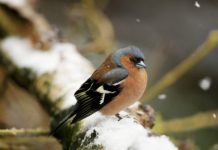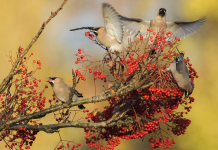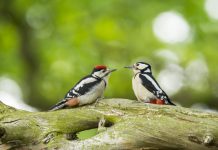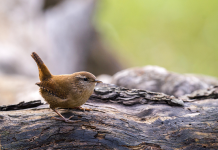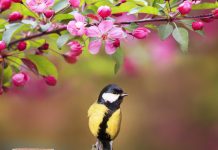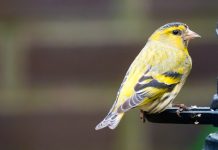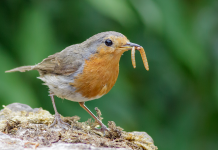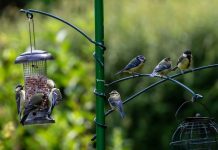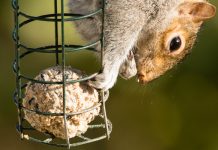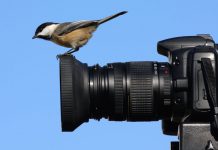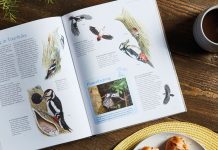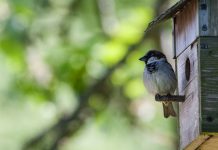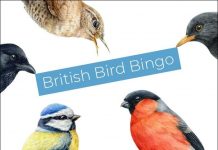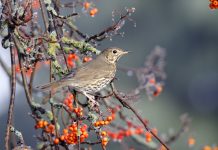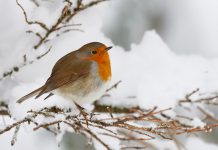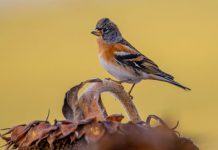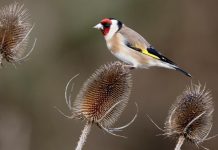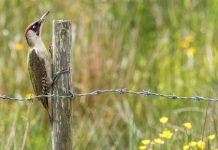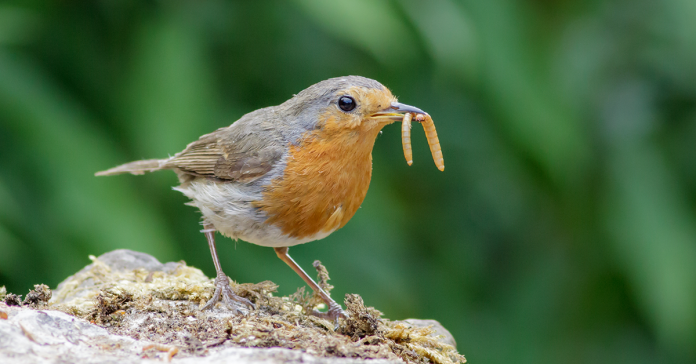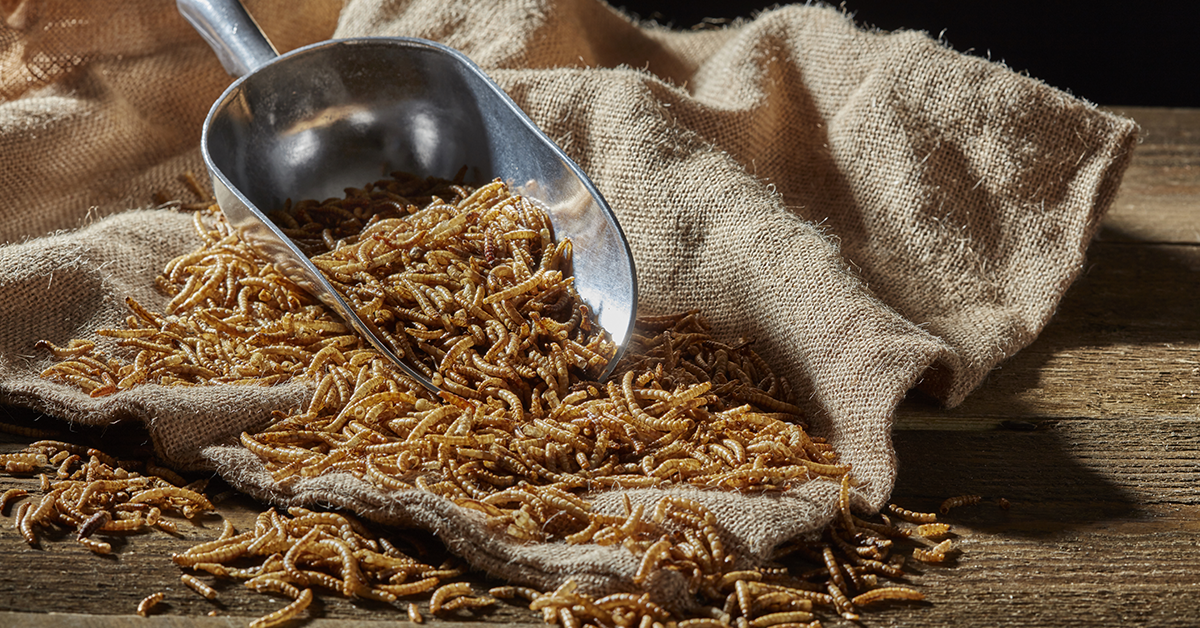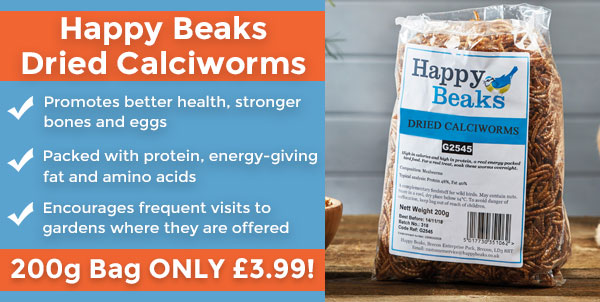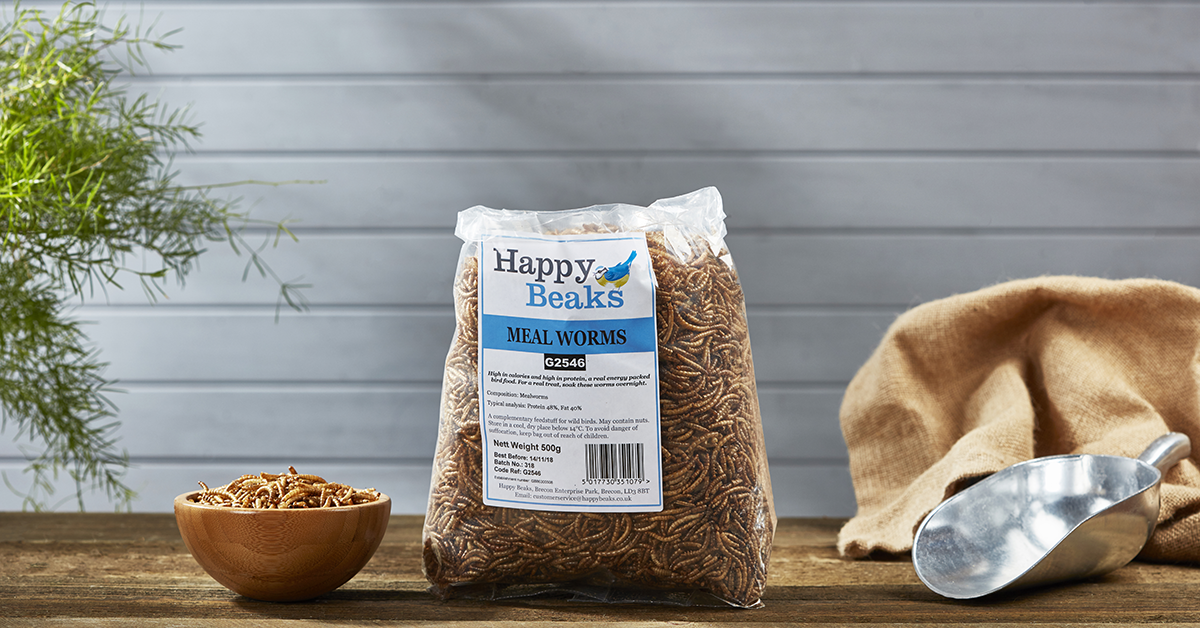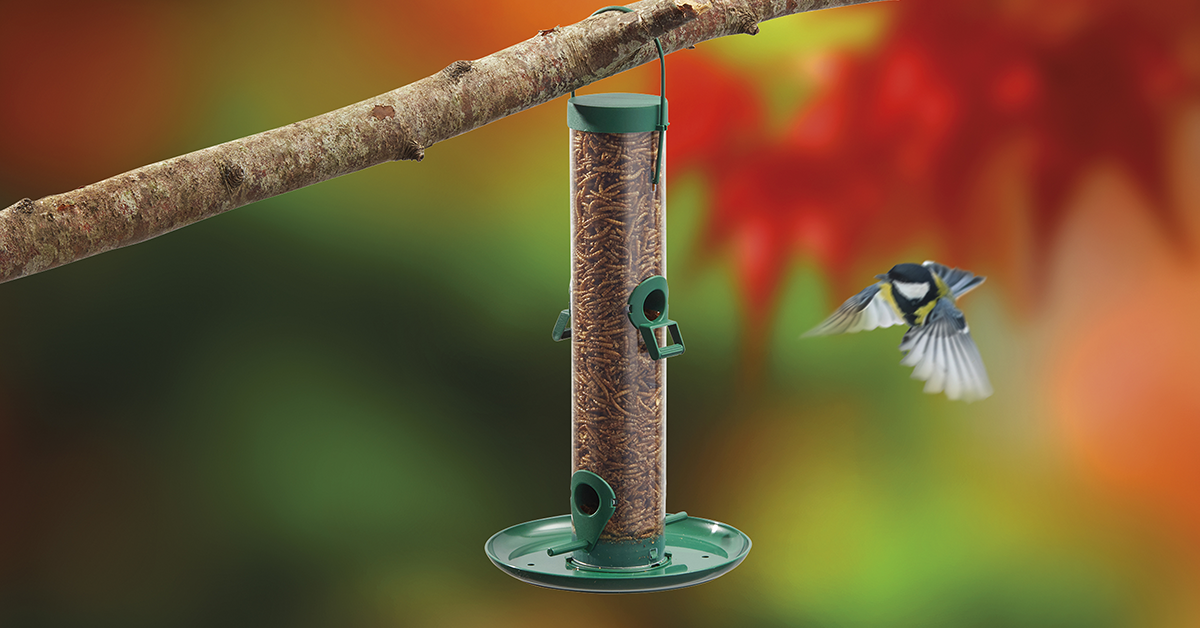They may not be everyone’s go-to bird food of choice, but mealworms are a fantastic food packed full of all the nutrients your garden birds need to survive. But what exactly are they? And how best should you offer them in your garden? We’ve put together a quick guide to tell you all you need to know about mealworms.
What are mealworms?
These tasty bugs are the flightless larvae of the darkling beetle. The adult beetle can lay up to 500 eggs at a time, a productivity which is necessary due to the number of natural predators that like to eat them.
Mealworms are a particular favourite of birds, as they’re rich in protein, and are a high-calorie treat that is much appreciated during the breeding season. By offering mealworms from your feeders, you’ll be enticing a wide variety of birds to your garden.
Live or dried mealworms?
You can get both live and dried mealworms to offer your birds, and both come with benefits. While live mealworms can attract the attention of birds with their wriggling, they’re not to everyone’s tastes – especially if you’re a little squeamish. They will also need a little more looking after than their dried variety.
Dried mealworms are a wonderful alternative. Not only are they less hassle than when alive, they’re a lot more convenient to put out for the birds as and when you need to. Take a look at our mealworms range to stock up your bird buffet so as to attract a variety of birds to your garden.
Despite common misconception, you shouldn’t feed your mealworms to hedgehogs. The high phosphate level in the mealworms causes calcium deficiency in the poor hedgehogs – it’s better to offer cat biscuits in a dish for these little guys instead.
How best to offer mealworms?
Add your dried mealworms to a mealworm feeder if you have one. A window feeder is a great alternative, or you can add them to a ground feeder or bird table. While they’re a tasty treat that many birds love, it’s important to remember that while mealworms are high in protein, they’re not a nutritionally complete bird food; off them alongside a seed mix to ensure that your birds are getting all the nutrition they need.
To give your birds a real treat, soak your dried mealworms overnight. Only put out as much food as the birds can eat in one day – this will prevent any unwanted vermin from polishing off any leftover food.
What birds will mealworms attract?
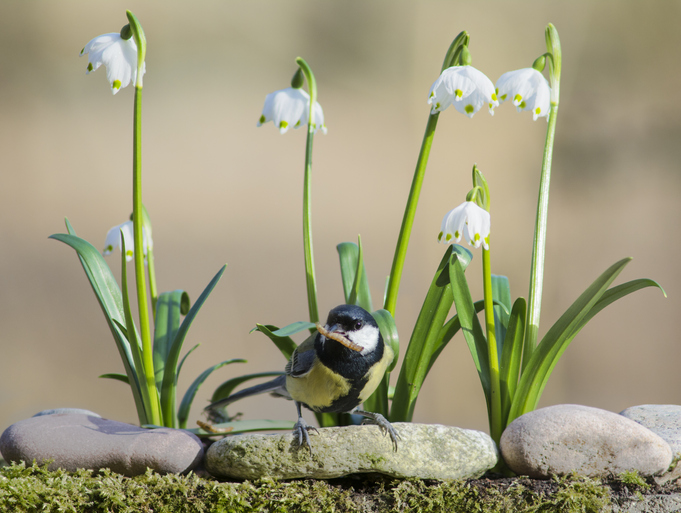
Mealworms are beloved by many birds and will attract a variety of feathered friends to your garden. These are only some of the wonderful birds that you might see flocking to your feeders if you choose to offer mealworms: robins, nuthatches, wrens, house sparrows, woodpeckers, blackbirds, blue tits, starlings, great tits, and song thrushes.
How many of these birds have you seen in your garden since you started offering dried mealworms? Let us know over on our Facebook page!


